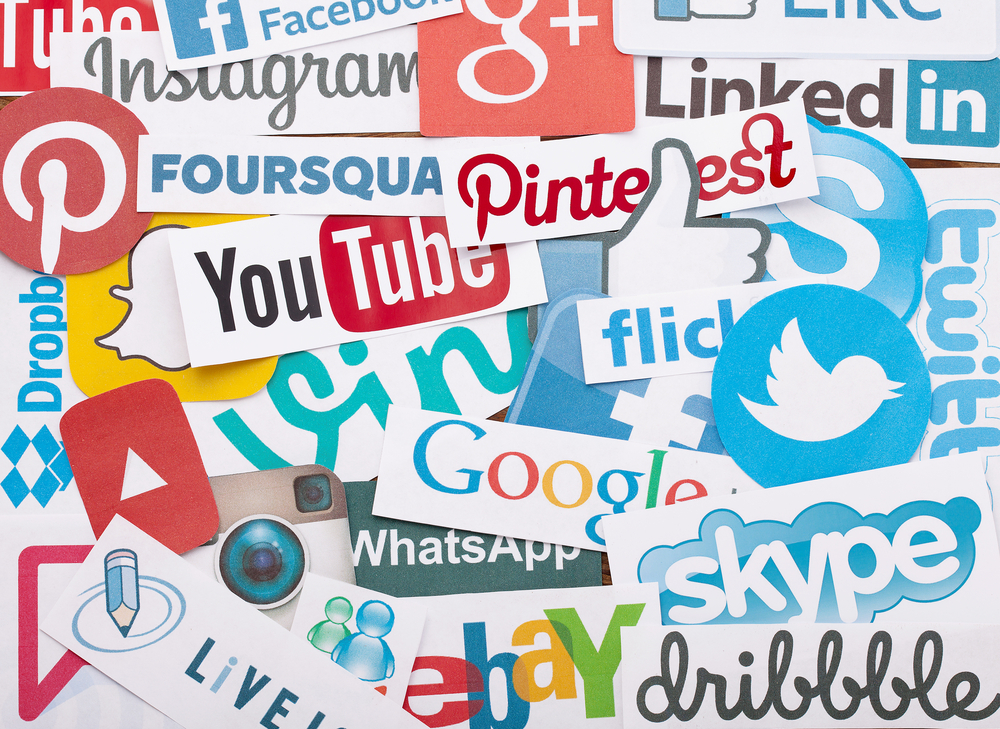The issue of social media platforms being used by children and teenagers is back in the headlines, after a notable recommendation by the Dutch government.
The Associated Press reported that the government in the Netherlands on Tuesday had issued new guidelines, in which it advises parents that children under 15 should not use social media platforms such as TikTok and Instagram.
Last week French President Emmanuel Macron had said he would push for European Union regulation to ban social media for children under the age of 15 after a fatal stabbing at a school in eastern France.

Dutch social media guidance
Now according to AP, the Dutch government in its new guidance said that while it supports allowing those over 13 years old to access messaging apps such as WhatsApp and Signal, it recommends delaying social media use until age 15.
The guidelines, which are not legally binding, distinguish between “social media” sites like TikTok and Instagram and “social interaction platforms” such as messaging services WhatsApp and Signal. The government reportedly said social media sites have “significantly more additive design features” that have a negative impact on children.
It reportedly cited psychological and physical problems among children using them, including panic attacks, depression and difficulties sleeping.
The Dutch Ministry of Health also reportedly encouraged parents to limit how long their children spend using electronic devices, keep phones and laptops out of bedrooms, and have 20 minutes of screentime followed by two hours of outside play.
The advisory “gives children the time to further develop digital resilience and media literacy,” Vincent Karremans, caretaker deputy minister for youth and sport, was quoted by AP as saying in a letter to the Dutch parliament.
Many social platforms, including TikTok and Instagram, require users to be at least 13 years of age.
But this new guidance from the Netherlands, means that it joins other EU countries, including Denmark, France, Greece, and Spain, in pushing for stricter rules on minors’ access to social media due to concerns over mental health and development.
Norway is also said to be considering bans on social media for teenagers and youngsters, and Sweden last year issued recommendations about limiting screentime for kids.
In May some 1,400 doctors and child welfare experts in the Netherlands had reportedly signed a public letter, calling on the Dutch government to ban children under 14 from having cell phones and restricting social media usage until age 16.
Dutch schools have banned students from using tablets, cell phones and smart watches, with some exceptions, such as classes on media literacy, the Associated Press noted.
Australian lead
Australia was the first nation in the world to ban social media accounts for anyone under 16 in November 2024, and US states are also considering implementing similar laws, amid growing concern about its impact on youngsters.
Last November the UK’s technology secretary Peter Kyle had admitted the United Kingdom was considering a possible social media ban for under-16s after Australia’s lead.
But this was quickly dismissed by the UK government, and Kyle later backtracked over his comments.
Meanwhile in May 2024 the European Commission had opened an official child safety investigation into Facebook and Instagram-owner Meta Platforms.
The issue of protecting children from the impact of social media continues to be an area of concern for politicians, parents and guardians.
A previous study for example highlighted the negative impact of social media, especially on young girls.
This post was originally published on this site be sure to check out more of their content







